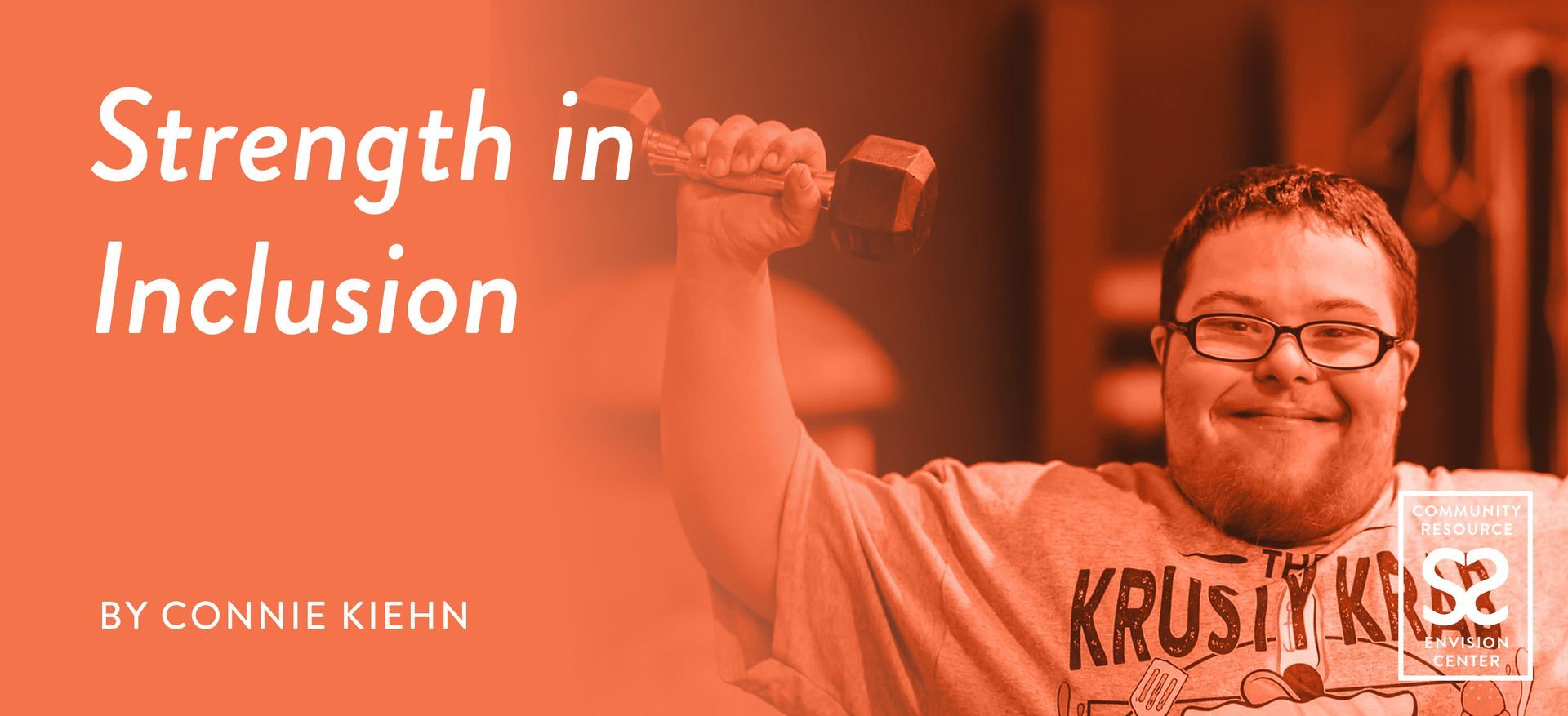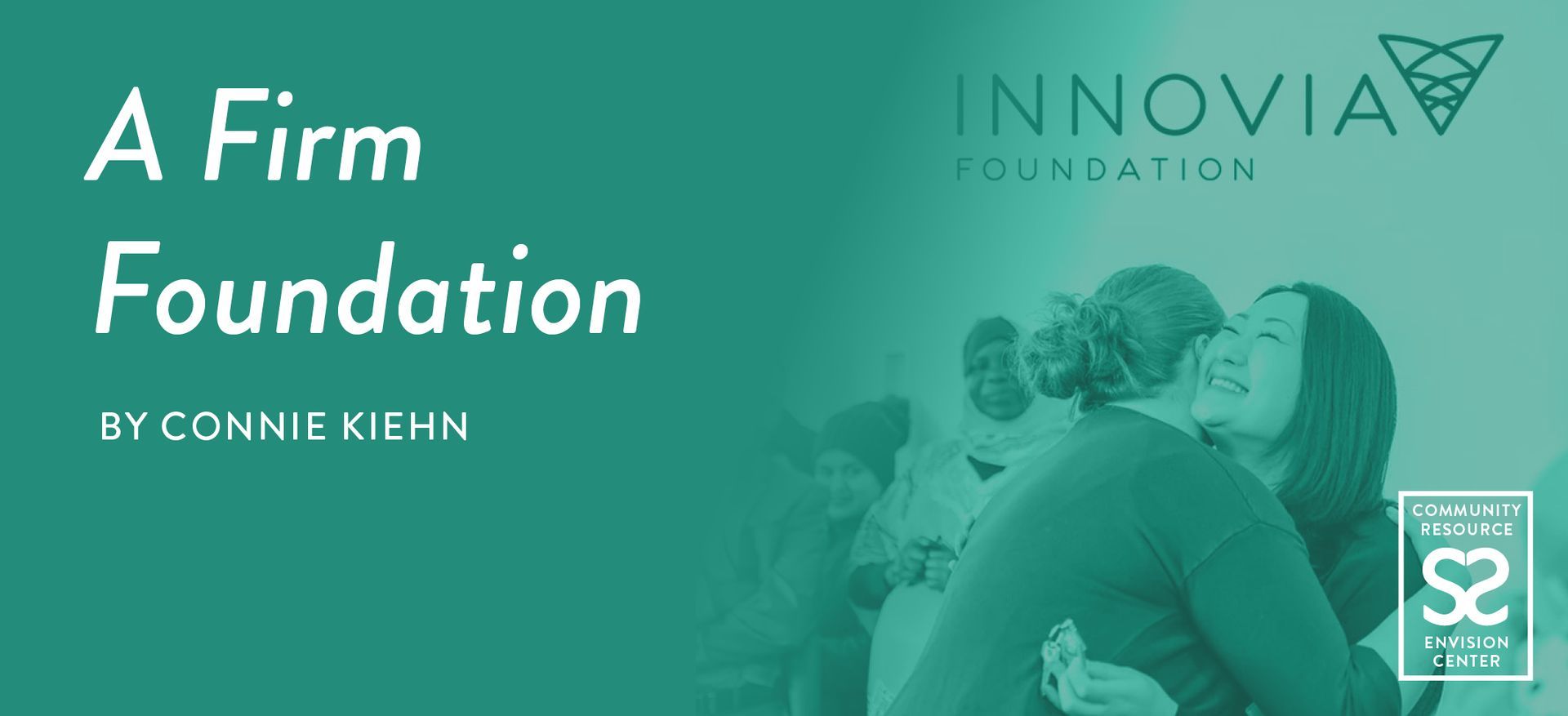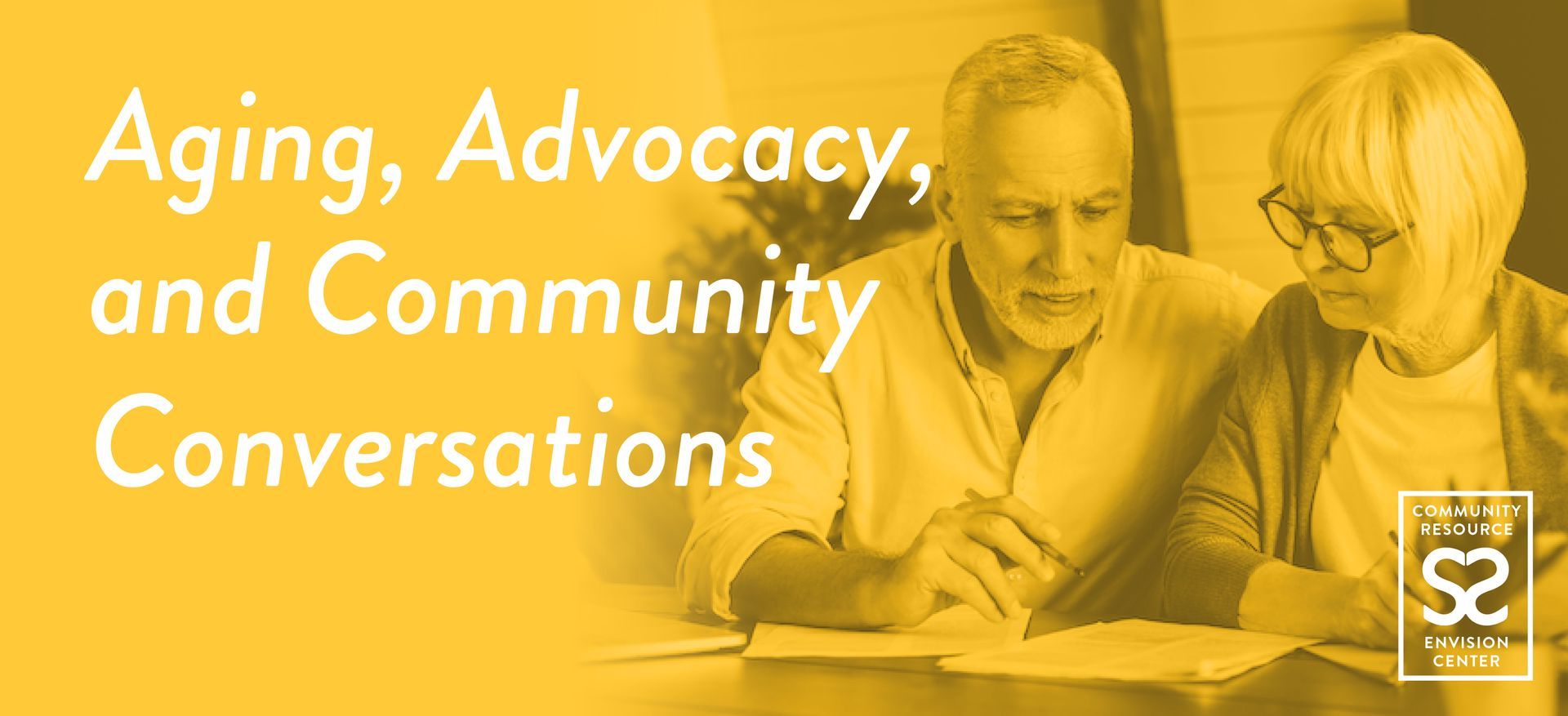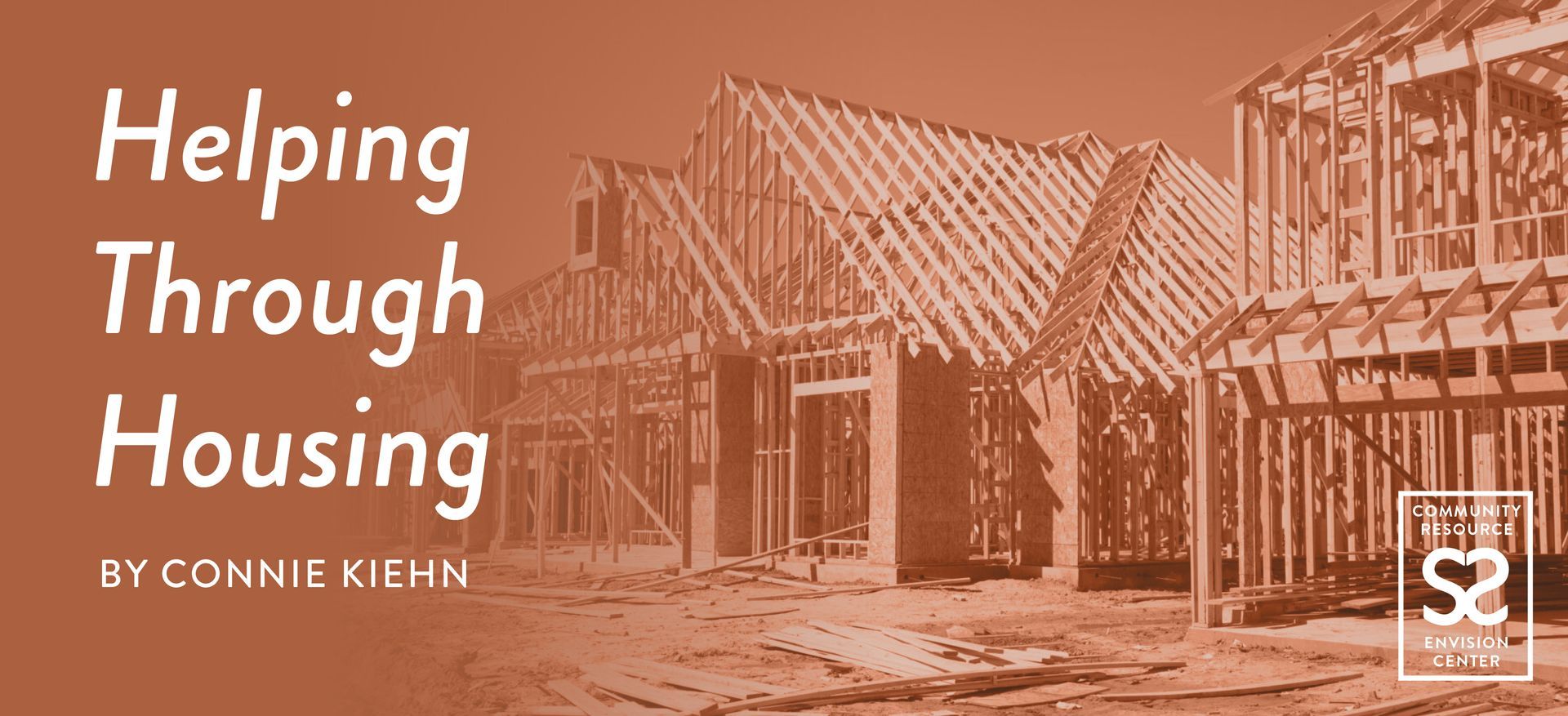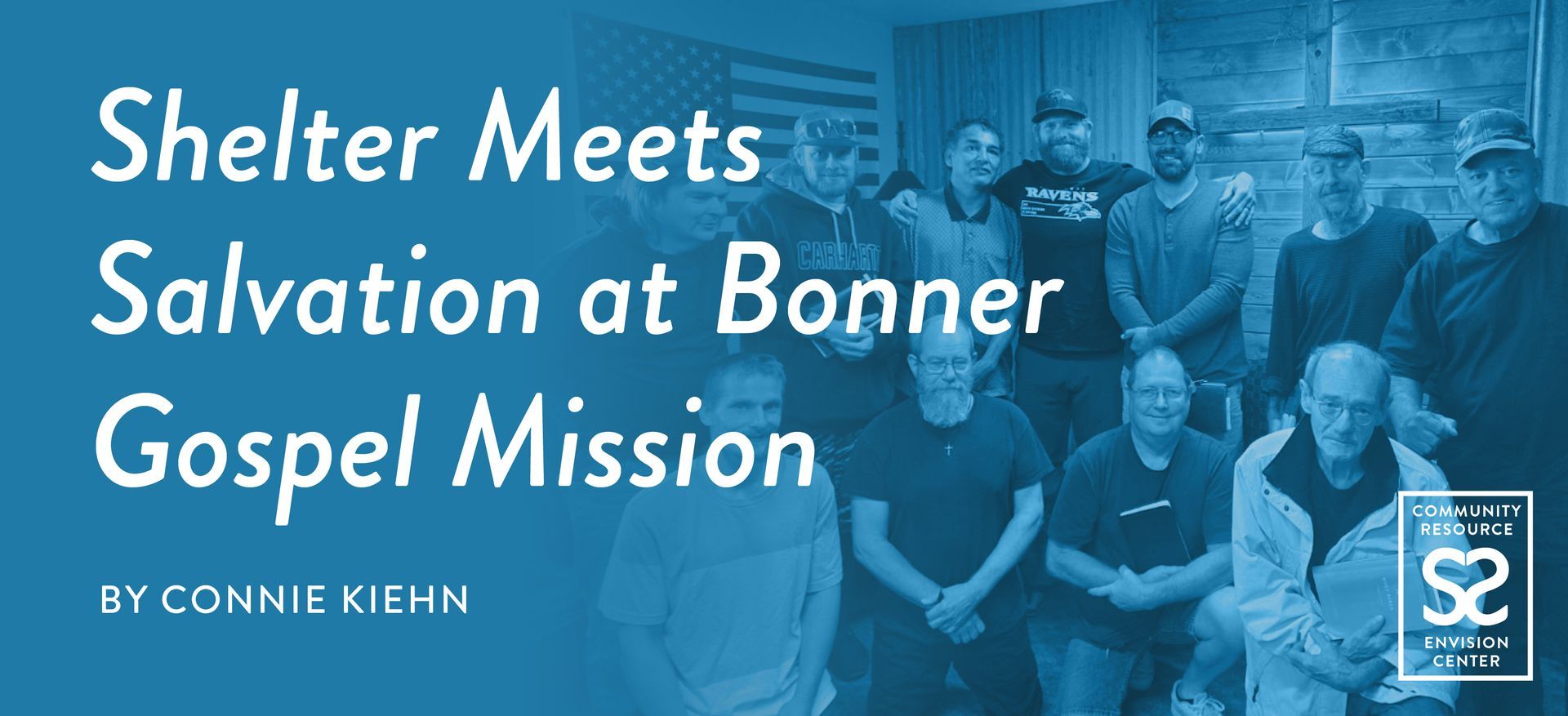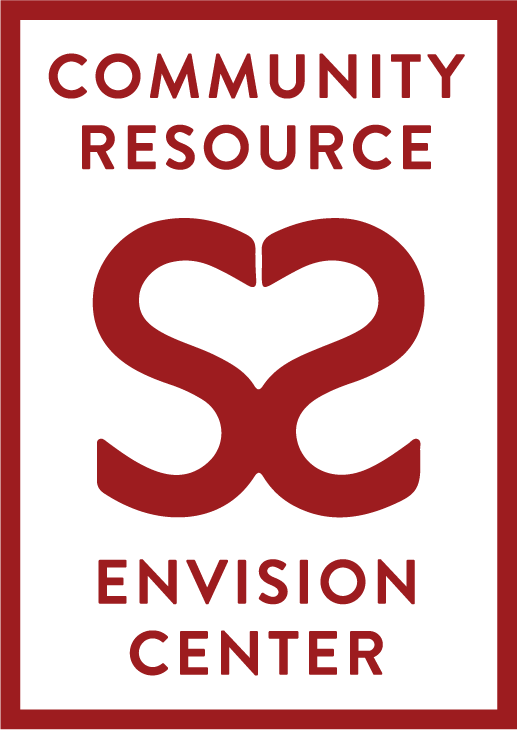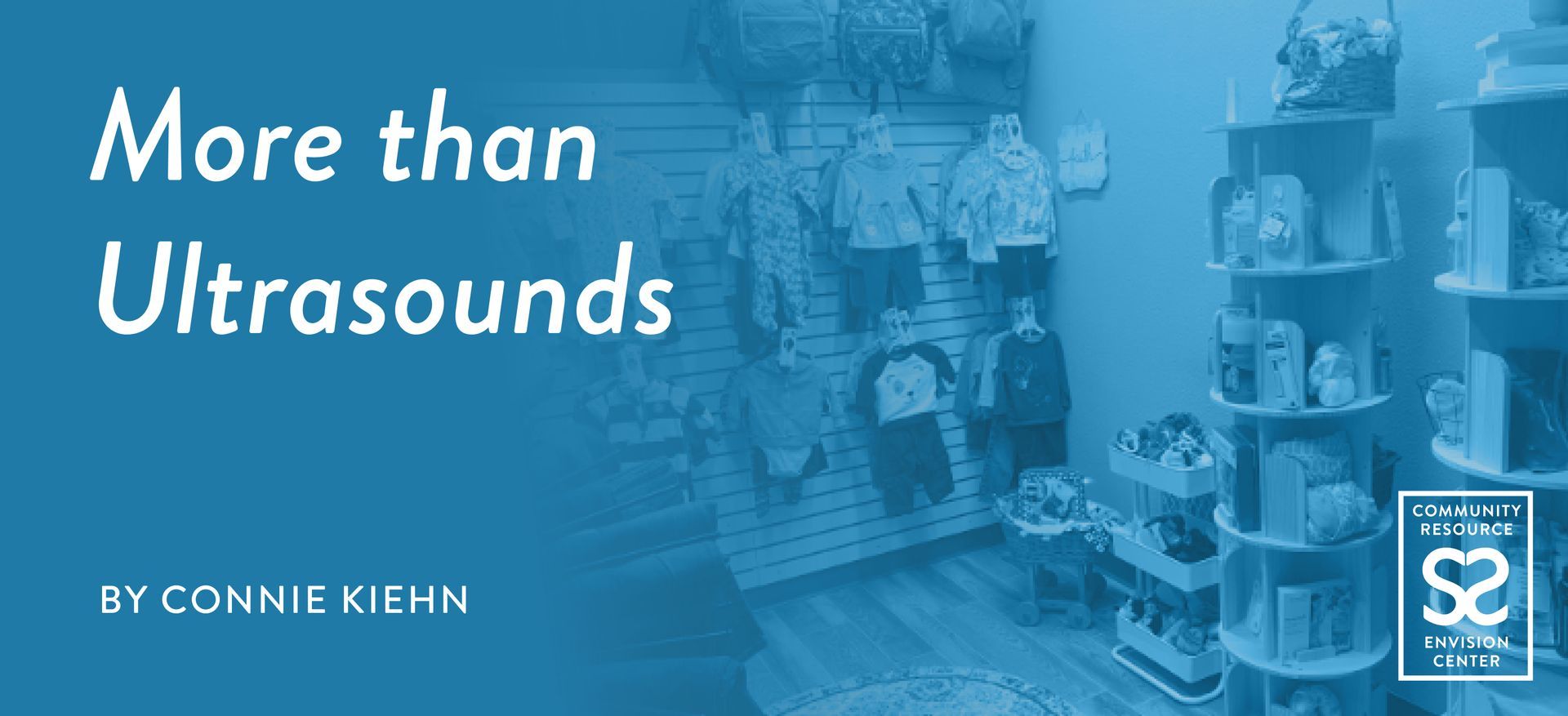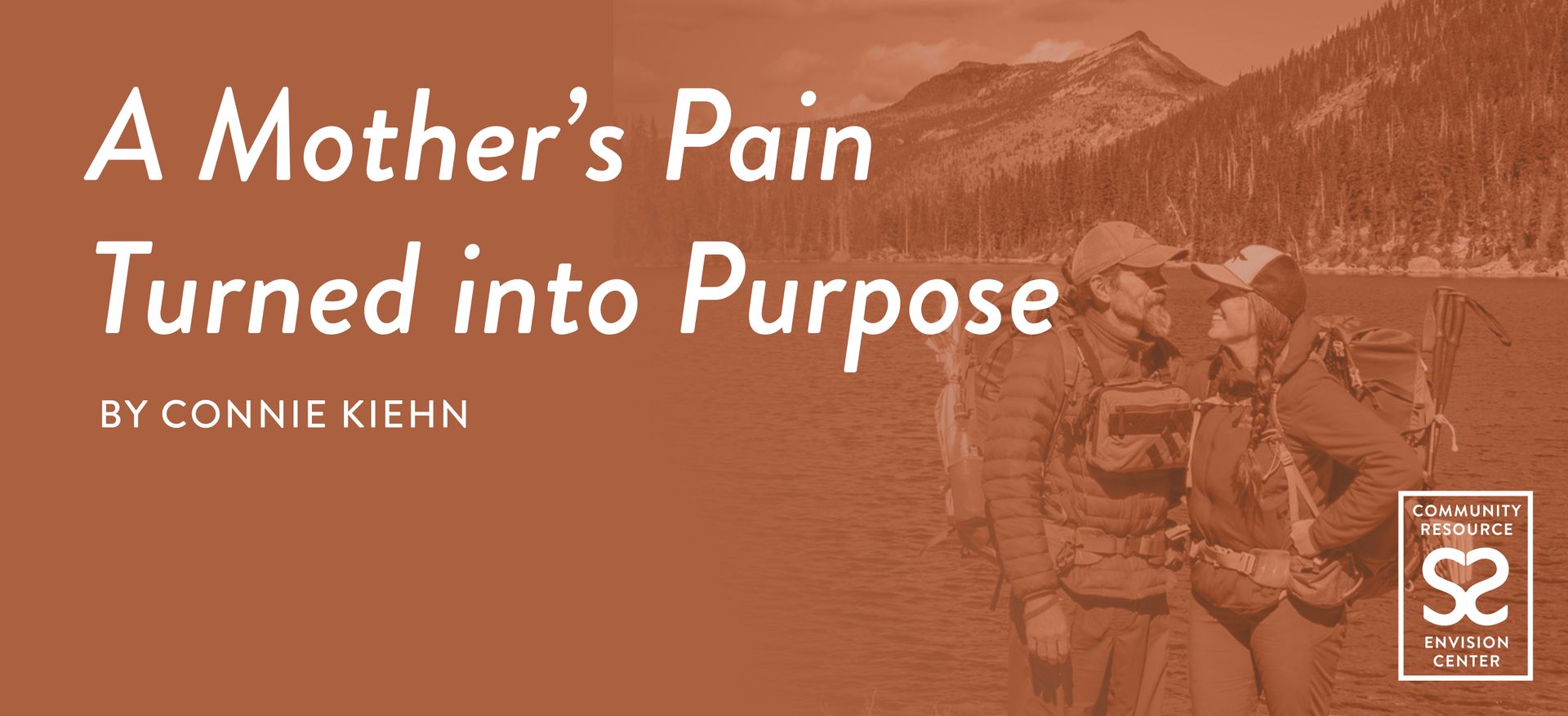
Google "mental health crisis" and you'll find countless articles, papers, and opinions on the topic. A mental health crisis can encompass a range of issues, from teen suicide to depression rates to homelessness. While various organizations focus on specific aspects of mental health, the Ethan Murray Fund provides financial assistance for a range of tailored mental health services. Founded by Justine Murray, who understands the link between homelessness and mental health, the organization aims to support families dealing with mental illness.
Ethan Murray was a typical, healthy, and smart child until one day everything changed.
Schizophrenia, a condition typically associated with adults, is exceedingly rare in children under the age of 13. It's not something one is born with; rather, it emerges seemingly out of nowhere, often with little warning. In males, it typically surfaces between the ages of 16 and 30, while in females, it tends to appear in the late 20s and early 30s. Although there may be hindsight signs, such as subtle behavioral shifts, many families are completely caught off guard when a loved one experiences their first mental break.
Unforeseen Challenges: Schizophrenia and Adult Status
Ethan experienced his first mental break around the age of 19. This resulted in Ethan becoming entangled in the court system while his mother, Justine, navigated the complexities of a condition she was unfamiliar with, all while balancing her own business and caring for another child. Ethan's condition fluctuated unpredictably, with periods of stability interspersed with episodes where he would vanish for weeks or even months.
“People might see a homeless person and think, where is their family? Why don’t they have help? Well, a lot of the time, their family has no idea where they are. That was frequently my situation,” explained Justine.
Despite Ethan's evident mental health struggles, his legal status as an adult posed challenges for Justine and authorities in preventing self-harm or homelessness. State intervention often demands evidence of violence or drug involvement. Ethan was never violent, and although he did use drugs, it wasn’t always the case or easy to prove. Even in dire situations, like being without appropriate clothing in harsh North Idaho winters miles from home, Ethan's refusal to seek help limited intervention options. If he declined assistance, his autonomy remained largely unchallenged.
In an unexpected turn, Ethan's encounter with the law, triggered by a low-speed scooter chase, became a turning point. Arrested and facing felony charges, he received crucial medical care. After the charges were dropped, he completed a mandated treatment program at Northeast Florida State Hospital. About two years later he was released a few days before Thanksgiving. Due to his adult status, Justine wasn’t told when Ethan would be released. The short notice didn't stop his mom. Within two days of his release, Justine flew out to Florida with her mom and brother to bring Ethan home. In December 2018, Justine and Ethan were back home in Sandpoint.
Although Ethan would still have mental breaks, it seemed some level of predictability might finally be attainable. Things started to unravel again when Ethan went skiing on Schweitzer and traded his gear for meth.
“People are always shocked when I tell them kids can get meth on Schweitzer,” Justine said.
As Ethan's mental state worsened from medication irregularities, he ended up in Spokane under uncertain circumstances. Tragically, a police officer fatally shot him near a homeless encampment, despite his being unarmed. Justine learned of the incident two days later.
Ethan's death stemmed from a series of unfair circumstances. In part due to a shortage of state examiners, only they could designate individuals as mentally unfit after committing crimes. A police officer's attempt to assist Ethan off the streets was halted by a dropped warrant, leading to his release. Moreover, Ethan's adult status meant his family was not notified of changes in court dates or his discharge from institutions.
The city of Spokane ended up settling out of court over Ethan’s death. Justine never saw the officer in person or heard from him. He is back on duty. The city paid out $1 million to Ethan’s family, but after disbursing payments for fees and legal expenses, including a portion for Ethan's absent biological father—who, by law, was entitled to a share—only a small remainder was left for Justine and her daughter.
“People assume I got a million dollars, but I didn’t. Even if I did, it doesn’t heal the pain,” said Justine.
Meaningful Miles: Hiking for a Cause
Turning her pain into purpose, she established the Ethan Murray Fund, providing therapy to those facing healthcare barriers. Her vision extended to ensuring the fund's longevity, leading to the idea of fundraising through hiking.
Justine and her husband, Matt Connery, who battled depression and suicidal ideation himself, hiked 900 miles (including 46 miles without shade through the Owyhee Desert), raising $67 thousand for the fund. Similar to Cancer or AIDS walks, supporters pledged a certain amount per mile hiked.
"Hiking in harsh conditions is as close to experiencing what Ethan experienced as we can get," explained Justine. Matt added, "For those dealing with self-doubt or anxiety, a trek across miles of trails might change how you view the world or yourself... It makes you believe you can get through anything."
Their first fundraiser in 2021 led to a subsequent hike in 2023, covering the 1200-mile Pacific Northwest Trail (PNT). Completing the PNT is like climbing Mount Everest eight times. The Ethan Murray Fund now funds mental health care for those in need and offers local scholarships to students pursuing mental health careers or impacted by mental health issues.
Justine founded the Ethan Murray Fund to provide vital therapy to those facing mental health barriers. But she can't do it alone. Whether through donations, volunteering, or spreading awareness, join us in making mental health care accessible to all. Together, let's break the stigma, heal wounds, and ensure that no one walks their journey alone. Join us in honoring Ethan's legacy by advocating for a future where mental health is a fundamental right.

Resources:
- https://www.cnn.com/2022/10/05/health/cnn-kff-mental-health-poll-wellness/index.html
- https://www.childpsych.theclinics.com/article/S1056-4993(24)00039-7/abstract
- https://ifstudies.org/blog/marriage-family-and-the-mental-health-crisis
- https://www.cnbc.com/2023/12/05/youth-suicide-rates-rose-62percent-from-2007-to-2021.html
- https://news.gallup.com/poll/505745/depression-rates-reach-new-highs.aspx
- https://www.ethanmurrayfund.org/


